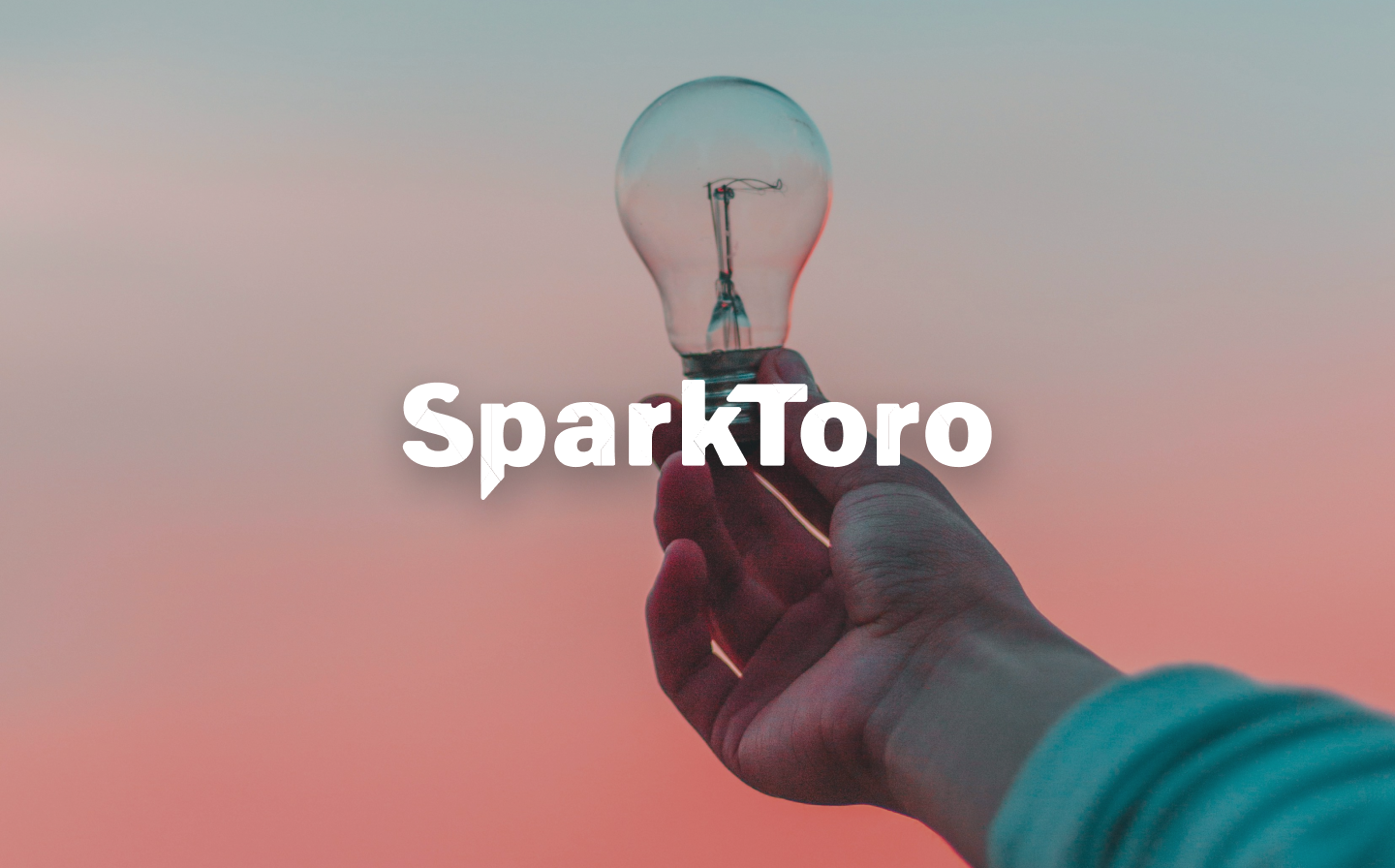Research report
State of email deliverability 2025
We surveyed 1,100 email senders around the world to bring you insights into what it takes to reach the inbox. Get expert advice on navigating everything from sender reputation and list hygiene to new requirements from major mailbox providers as you explore the State of email deliverability 2025.
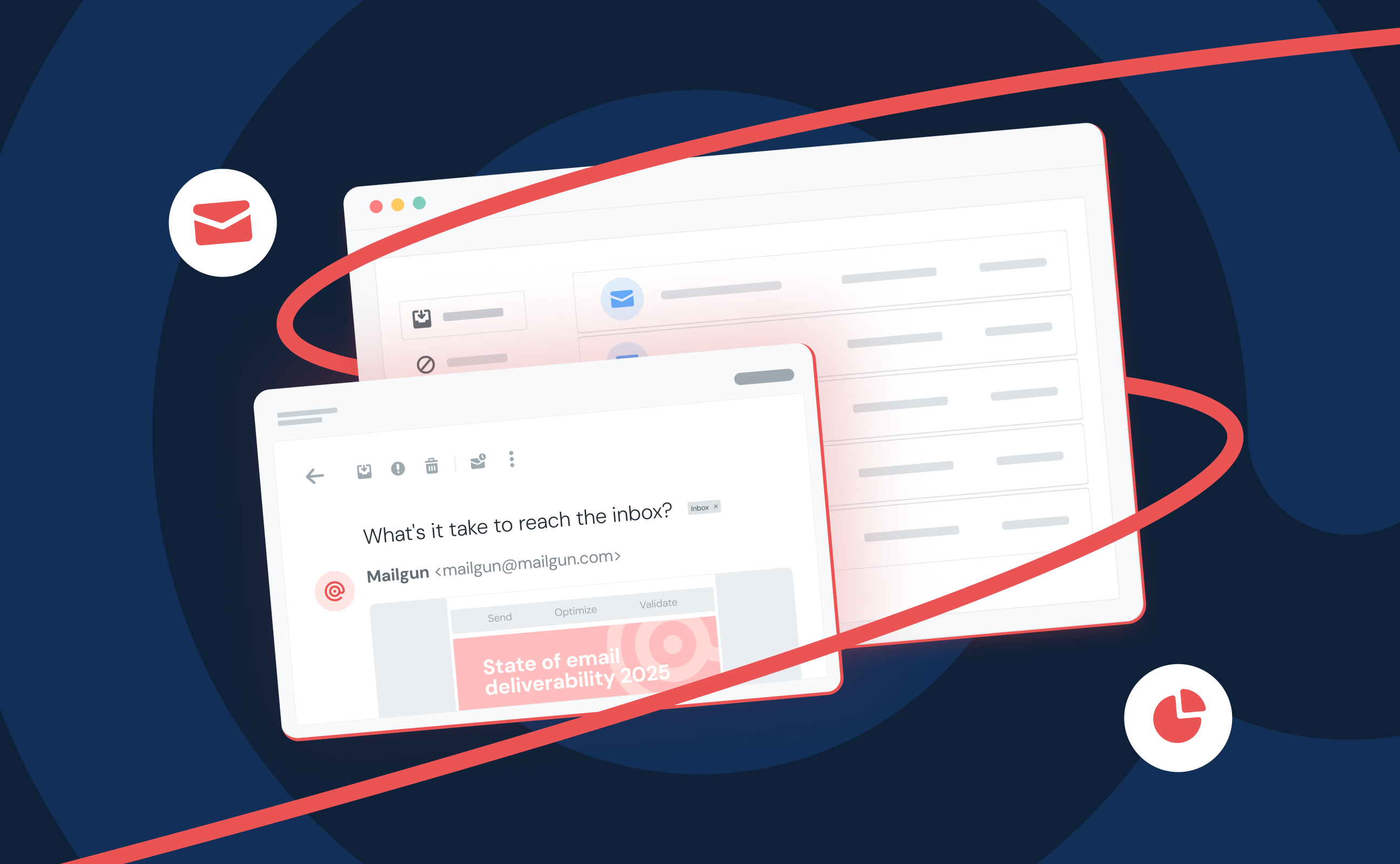
Share to
State of email deliverability 2025
The evolution of email deliverability
Key findings on the state email deliverability
The year of Yahoogle
Email authentication in 2025
Understanding inbox placement
Email list building and hygiene
Email sender reputation
How to improve email deliverability
About this survey
PUBLISHED ON
Imagine what would happen if your organization’s emails suddenly stopped reaching your customers and prospects. If that thought made your heart skip a beat, you already understand the importance of email deliverability. Email is an indispensable connection point, which should make achieving inbox placement a priority. But is it?
For the second time in two years, Sinch Mailgun surveyed senders across the globe to find out more about their challenges, common practices, and where they may have misconceptions about email deliverability. Use these findings and the helpful feedback from industry leaders to make sure your messages land in the inbox.
Table of contents
More statistics on email deliverability
The evolution of email deliverability
Sometimes change happens slowly. Other times, there’s an evolutionary leap, and you’ve got to adapt to survive and thrive. We can’t talk about the state of email deliverability without mentioning the new sender requirements from major mailbox providers Gmail and Yahoo Mail in 2024.
These new rules caused concerns among certain senders. Some never even heard about the changes. Others remained confident their inbox placement rates would be fine. 50% of senders who were familiar with the new bulk sender requirements say they made changes to their email programs in 2024 to adapt. Of course, that means many others didn’t see the need to change anything.
Wondering if you missed something? No worries. We’ll review what’s new for email deliverability and point you in the right direction.
The truth is, senders who already understood what it takes to reach the inbox didn’t have to change much. Most of the requirements were already considered best practices. Gmail and Yahoo simply tried to nudge everyone in the right direction. Senders who already worked to respect and protect their subscribers had very little to worry about.
“The lesson here is that prioritizing deliverability, including aspects such as email authentication and compliant list building, is an excellent way to future-proof your email program. Do the right thing now if you truly want email to remain an effective channel.”

Kate Nowrouzi
VP of Deliverability and Product Strategy, Sinch
Key findings on the state email deliverability
This report is jam-packed with survey results from more than 1,000 people representing a wide variety of industries, job roles, and send volumes. The findings paint a picture of the state of email and some of the biggest challenges senders face. Here are just a few of the most notable:
.%
rate the importance of deliverability 8/10 or higher.
%
say staying out of spam is a top challenge.
%
are not monitoring email blocklists for their sending domains and IPs.
%
rarely or never conduct email list hygiene.
Email deliverability can be complex and confusing. Getting it right involves the attention and efforts of technical and marketing team members. The good news is, as you work to improve deliverability, you’ll also improve the customer experience as well as the positive impact email has on your organization’s communications.
More statistics on email deliverability
23% of senders surveyed believe new sender requirements from Gmail and Yahoo caused deliverability challenges.
Among senders who made changes due to the new requirements, nearly 80% updated email authentication practices.
Nearly 64% of senders who were aware of the new requirements believe they are necessary or good for the future of email.
DMARC adoption increased by more than 11% since 2023’s report.
25.5% of senders using DMARC plan to enforce a stricter policy this year.
9.4% of senders admit to purchasing email lists or scraping the web for contacts in the last two years.
Nearly 40% of email senders use a double opt in to confirm a contact’s consent to subscribe.
24% of senders have a sunset policy to help manage their email lists.
Only 13% of senders use inbox placement testing to monitor email deliverability.
Senders say the biggest problem with emails landing in spam is that people miss important information (37.5%).
45% of senders cite customer experience factors as the most important reasons for prioritizing email deliverability.
Explore the full findings from the report, State of email deliverability 2025, for context, guidance, and additional resources to support your communication efforts.
Next Chapter
Chapter 1: The year of Yahoogle
Chapter 1
Explore chapters
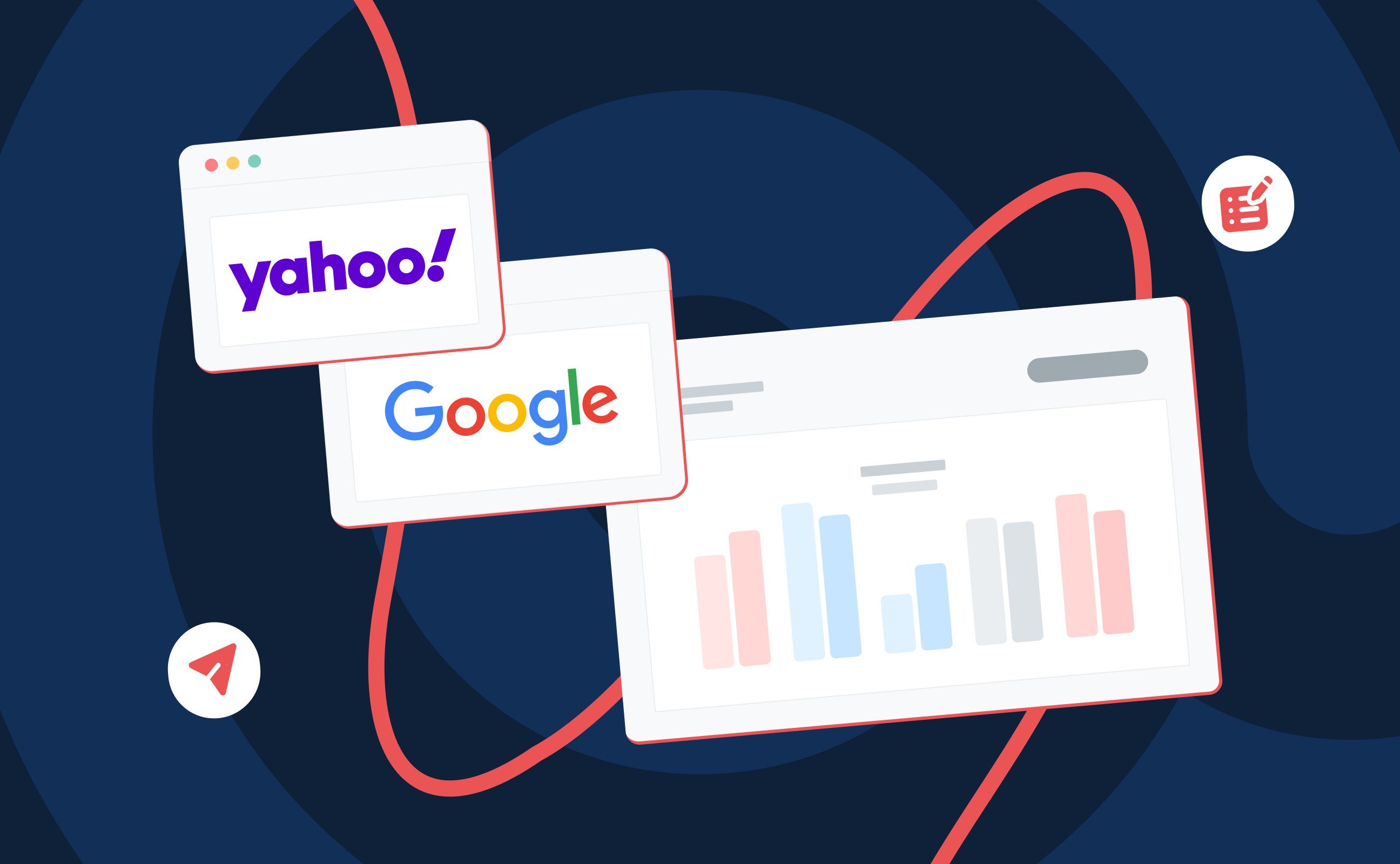
Chapter 1:
The year of Yahoogle
Learn More
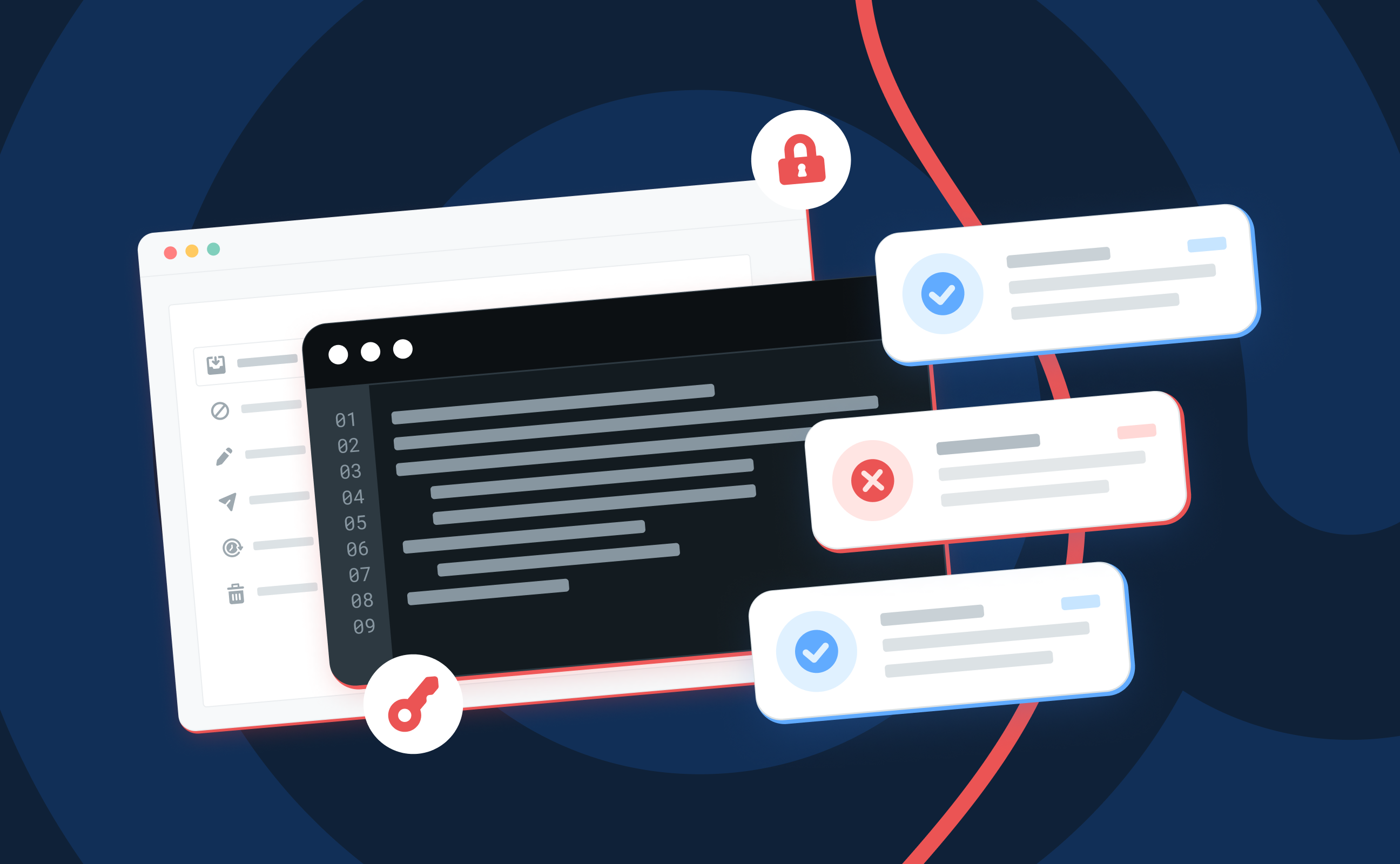
Chapter 2:
Email authentication in 2025
Learn More
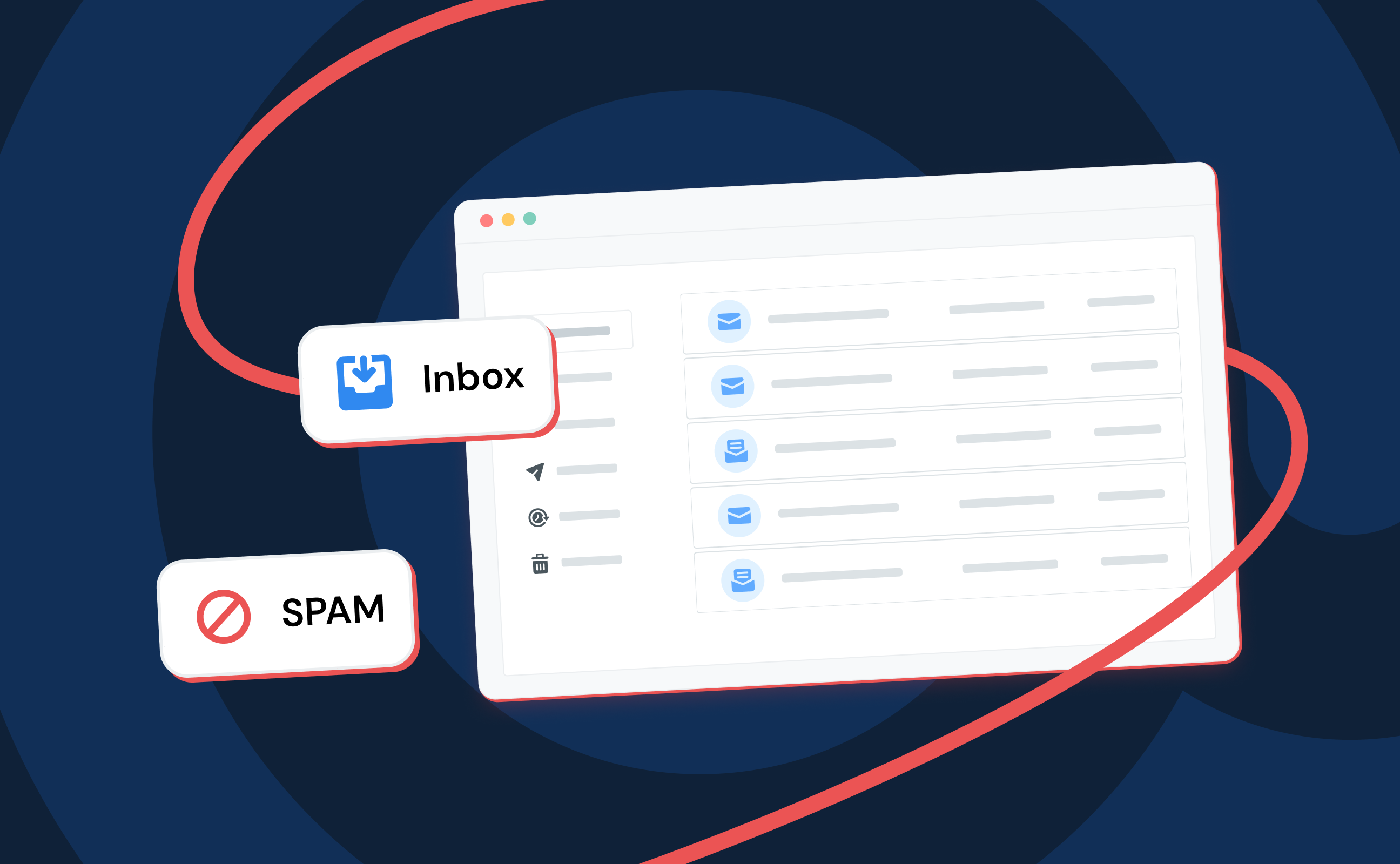
Chapter 3:
Understanding inbox placement
Learn More

Chapter 4:
Email list building and hygiene
Learn More
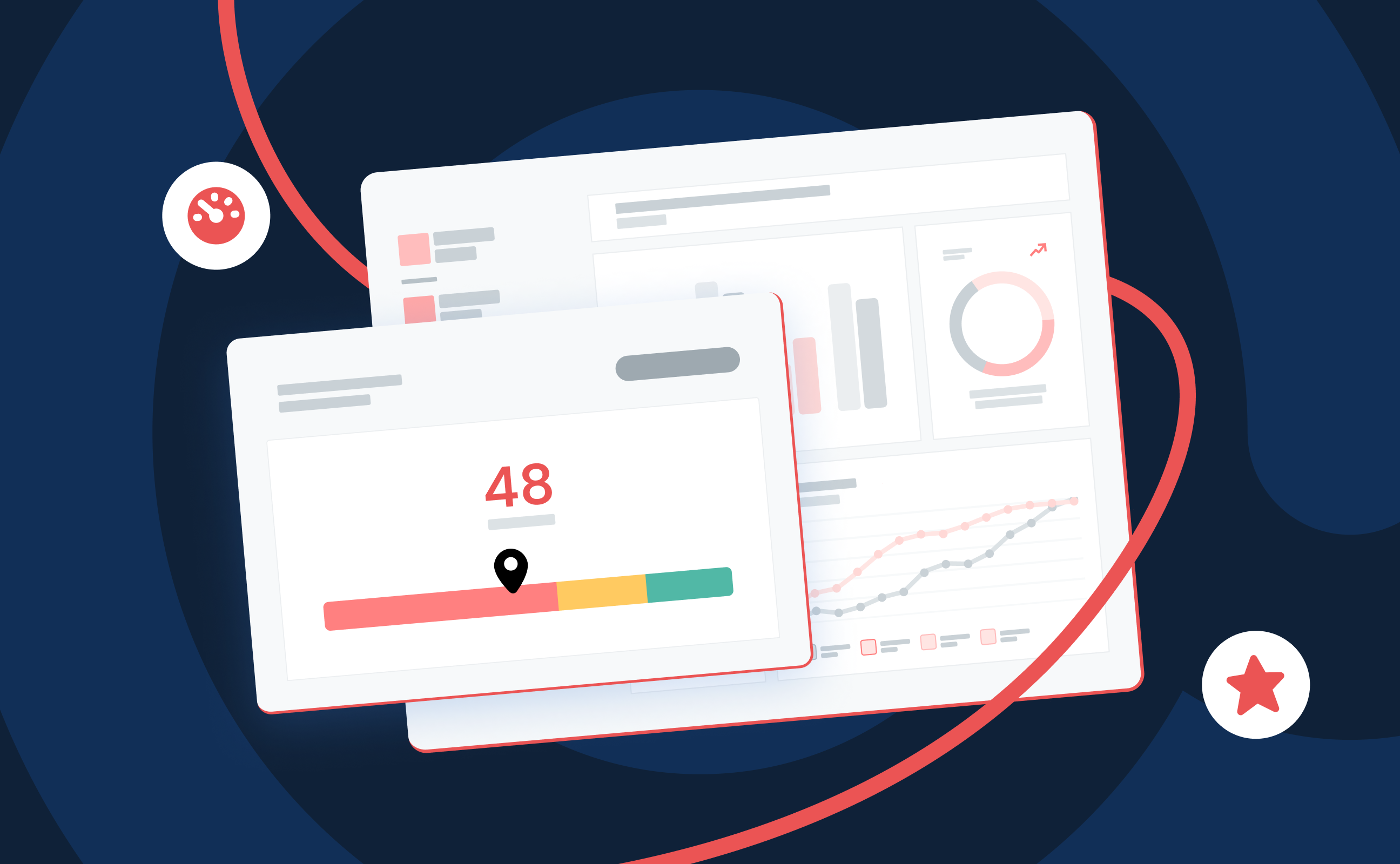
Chapter 5:
Email sender reputation
Learn More
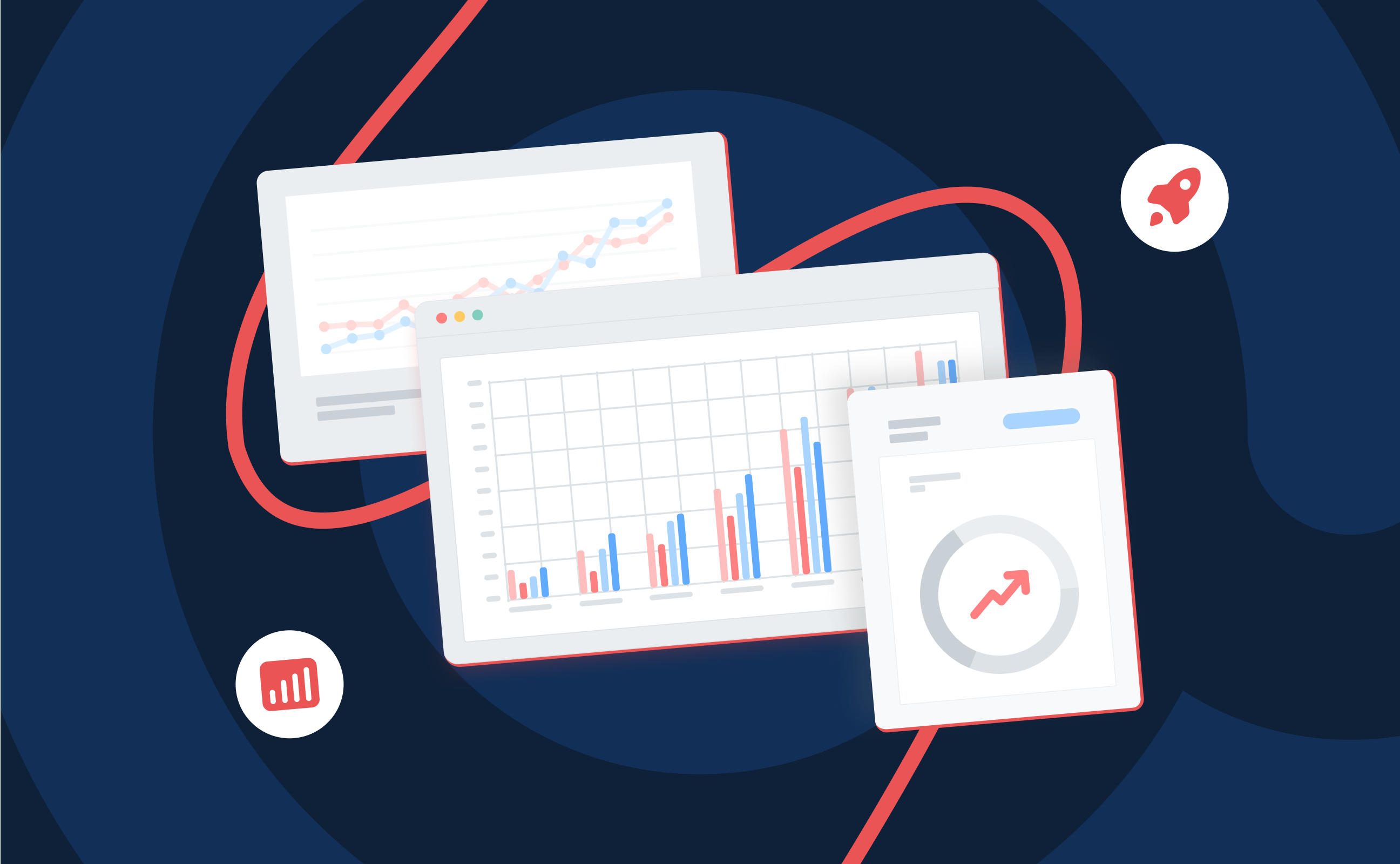
Chapter 6:
How to improve email deliverability
Learn More

Chapter 7:
About this survey
Learn More
